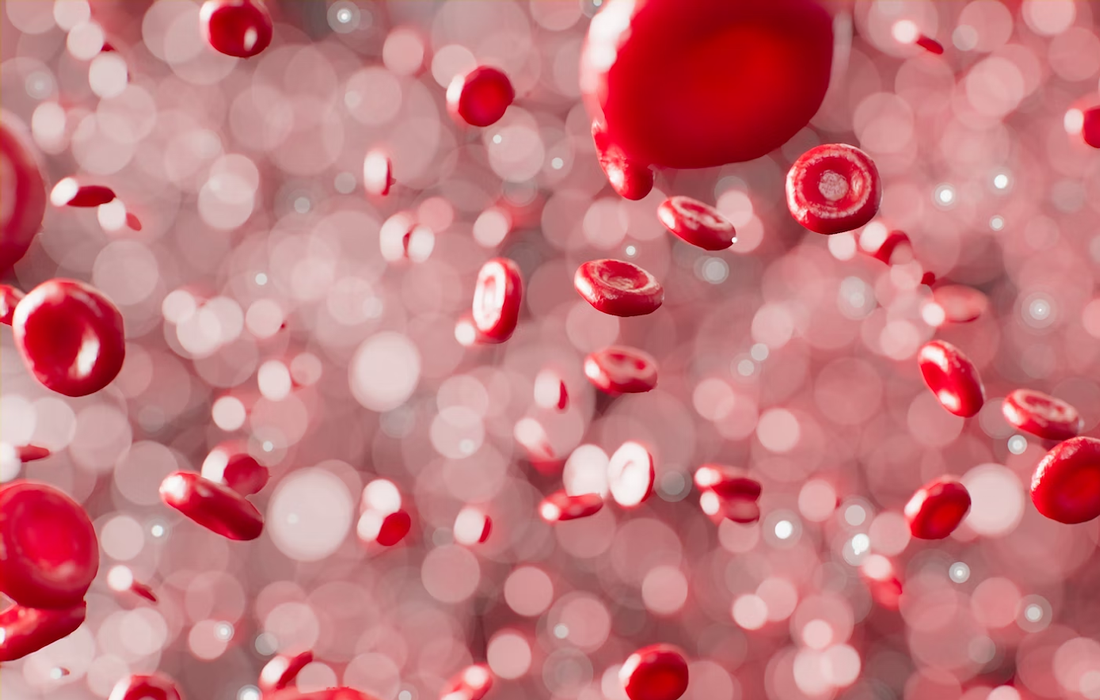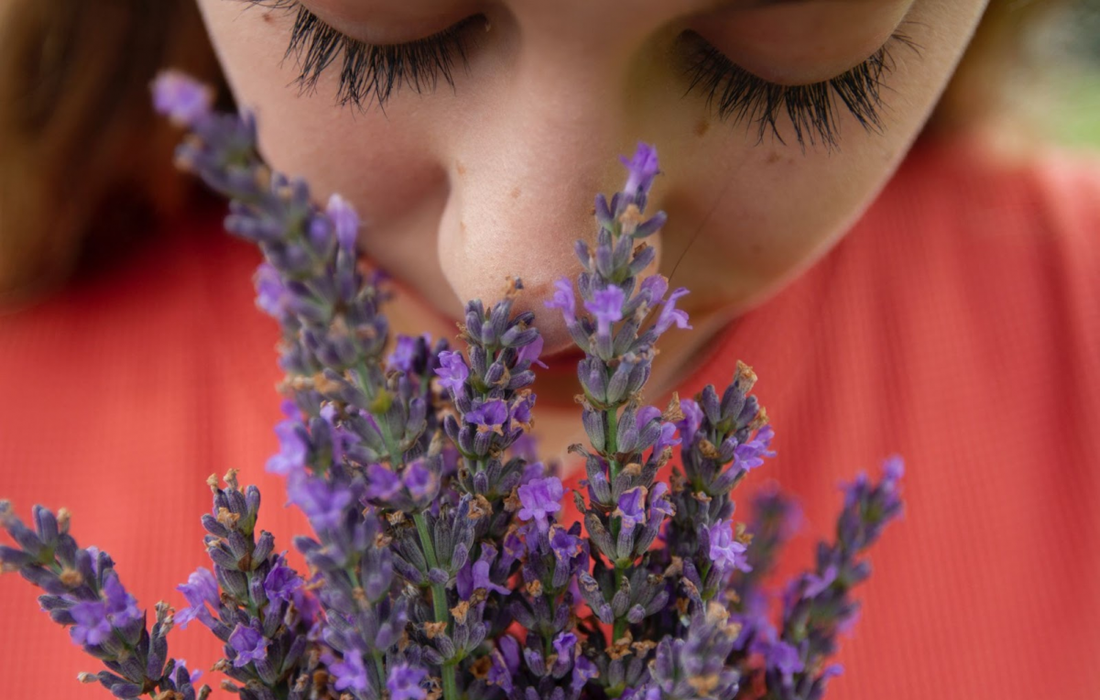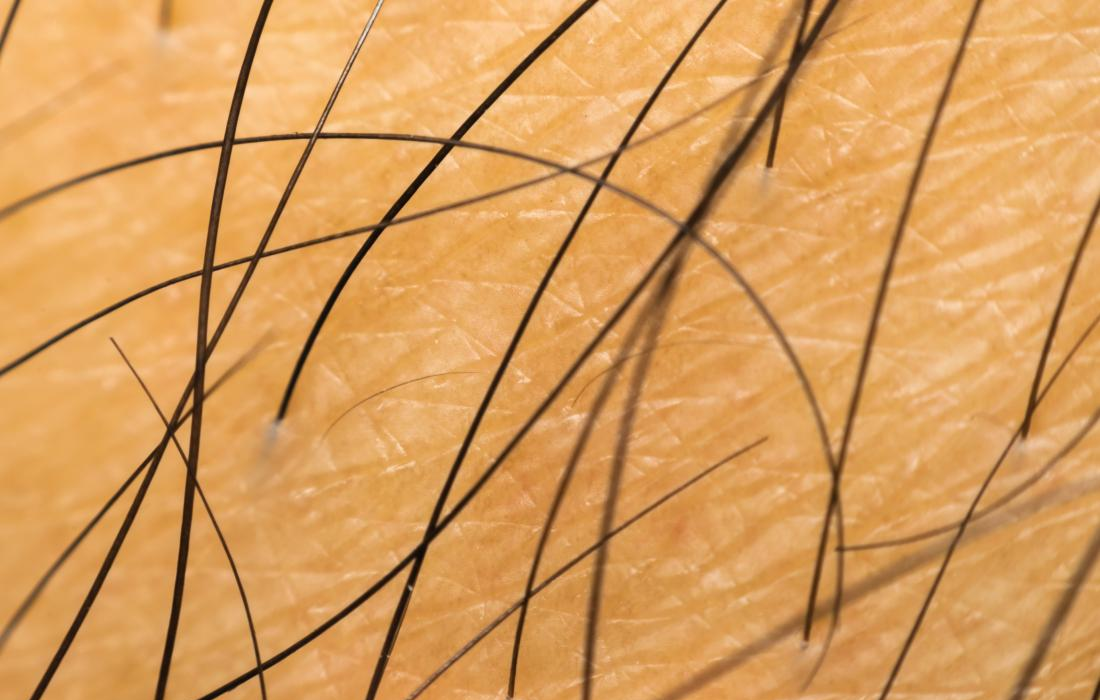A research team, led by Professor Ja Hyoung Ryu from the Department of Chemistry at UNIST, in collaboration with Professor Hyewon Chung from Konkuk University, has achieved a significant breakthrough in the treatment of age-related diseases. Their cutting-edge technology offers a promising new approach by selectively removing aging cells, without harming normal healthy cells. This […]
Category Archives: Anti-Aging
University of Virginia School of Medicine researchers have discovered a key driver of chronic inflammation that accelerates aging. That finding could let us slow the clock to live longer, healthier lives, and may allow us to prevent age-related conditions such as deadly heart disease and devastating brain disorders that rob us of our faculties. So […]
A new study from Flinders University has shown a drug previously used to treat depression can reduce obstructive sleep apnoea (OSA) severity. “Obstructive sleep apnoea can be a debilitating disease, causing poor quality sleep at night and sleepiness during the day,” says study lead author Dr Thomas Altree. “Recent research found a combination of the […]
Scar formation happens in adult mammals because skin regeneration does not fully occur. In a newly published article, a team of researchers investigated the use of the adult newt, Cynops pyrrhogaster, as a model system for studying scarless wound healing for technology development in surgical and cosmetic medicine. After an injury occurs, the epidermis can […]
A deficiency of taurine — a nutrient produced in the body and found in many foods — is a driver of aging in animals, according to a new study led by Columbia researchers and involving dozens of aging researchers around the world. The same study also found that taurine supplements can slow down the aging […]
A new study from the University of Michigan has revealed that the feeling of hunger itself may be enough to slow aging. These intriguing findings drove first author Kristy Weaver, Ph.D., principal investigator Scott Pletcher, Ph.D., and their colleagues to examine whether changes in the brain that prompt the drive to seek food could be […]
Exposure to female odors and pheromones causes weight loss and extends the life spans of mice, which may have implications for humans. “Our studies show that female odors slow the sexual development of female mice, but consequently extends their lifespan. And we also show that the smell of females can increase male mouse energy expenditure, […]
Researchers have long known that many animals live longer in colder climates than in warmer climates. New research in C. elegans nematode worms suggests that this phenomenon is tied to a protein found in the nervous system that controls the expression of collagens, the primary building block of skin, bone and connective tissue in many […]
Older cells may fail to make proteins or may make proteins that don’t function as they should, in a discovery that could lead to new drug targets to slow the ageing process. Payel Sen at the National Institutes of Health in Maryland previously found that control over gene expression breaks down in yeast and worm […]
Tissue remodeling is the reorganization of tissue architecture, which can be either physiological, responsible for directing the development and maintenance of tissues, or pathological, occurring after tissue injury. During wound repair initiated by an injury to the skin, cells migrating into the wound bed deposit a mass of granulation tissue to re-establish the barrier integrity […]










